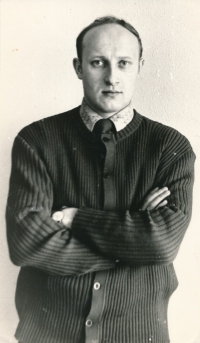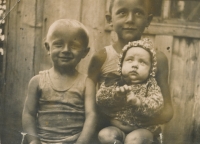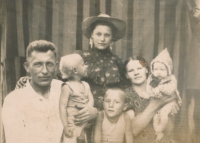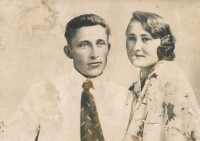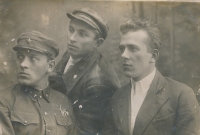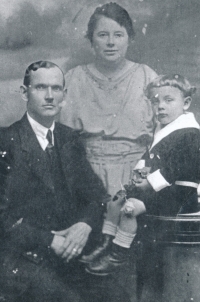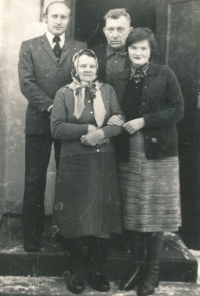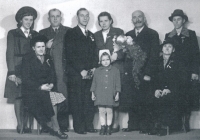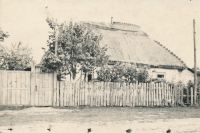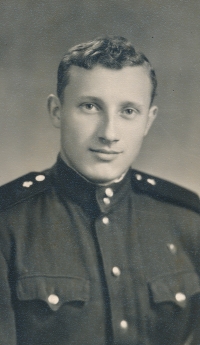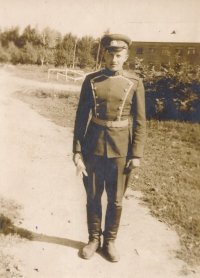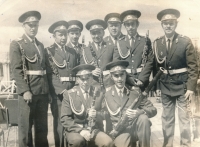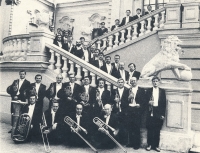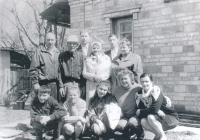An acquaintance asked my young son if he knew what country he was born in. He replied that he was in prison
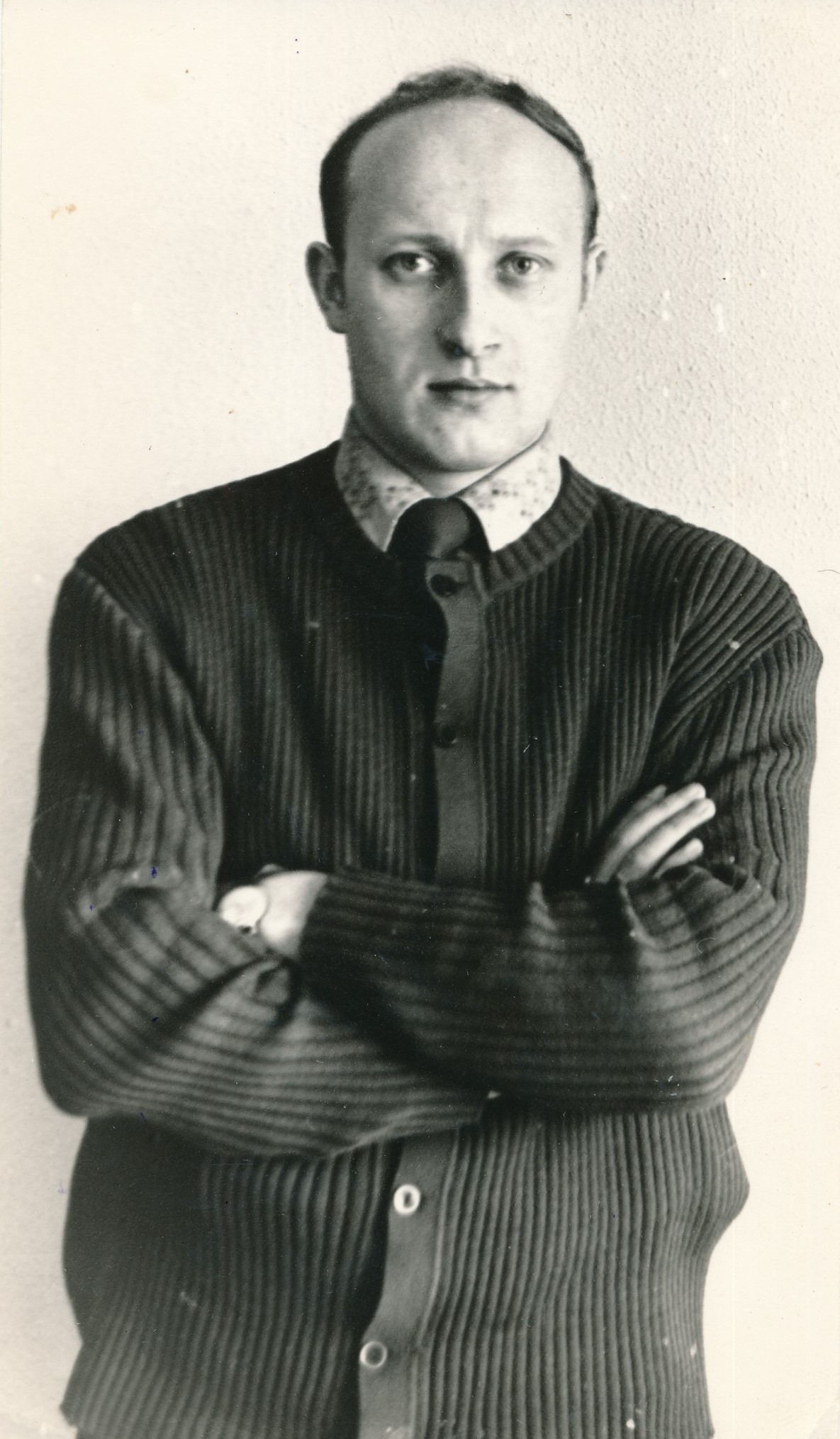
Stáhnout obrázek
Michal Sevruk was born on 1 September 1950 in Radomysl, Ukraine. His mother Maria gave him Czech ancestry and thanks to his father Ivan he belongs to the descendants of the former lower nobility, the Sevruks. Both his grandparents‘ and parents‘ generation were affected by the repression associated with the so-called Great Terror - both families were severely affected by collectivisation and some relatives ended up in Soviet labour camps - as well as by the famine of the 1930s and 1940s, which resulted in the death of his grandparents. From a young age, he showed musical talent, which he first developed at the Viktor Kosenko Conservatory of Music in Zhytomyr (1967-1973) by studying the oboe and conducting. Subsequently, he continued his studies at the Pyotr Ilyich Tchaikovsky Academy of Music in Kiev, where he graduated in 1978. He soon began his teaching career, and from 1976 he worked in the Symphony Orchestra of the Ukrainian Radio and Television as an oboist and English horn player, and later held the position of assistant conductor. After the establishment of independent Ukraine, he toured Europe with the orchestra and then moved to join his mother and sister, who were granted permanent residency in 1993 under the government‘s repatriation program for descendants of Volhynian Czechs and settled in northern Bohemia. He and his wife Maria raised two children and, despite difficult beginnings when they had to learn a new language, they successfully established themselves in the Czech Republic. He teaches the oboe at the Taussigova Primary Art School in Prague 8, while his wife worked as a teacher in a school day care until the pandemic of covid-19. Since 2007, he has been publishing - until the invasion of Ukraine in 2014, he worked as a special Czech correspondent for the Russian music magazine Orkestr. His son Alexey studied Ukrainian Studies and General Slavic Studies at the Faculty of Arts of Charles University and in 2023 published a novel, The European, inspired by family stories and the fate of his grandmother Maria, with Argo publishing house. In 2024, the witness lived in Prague.
